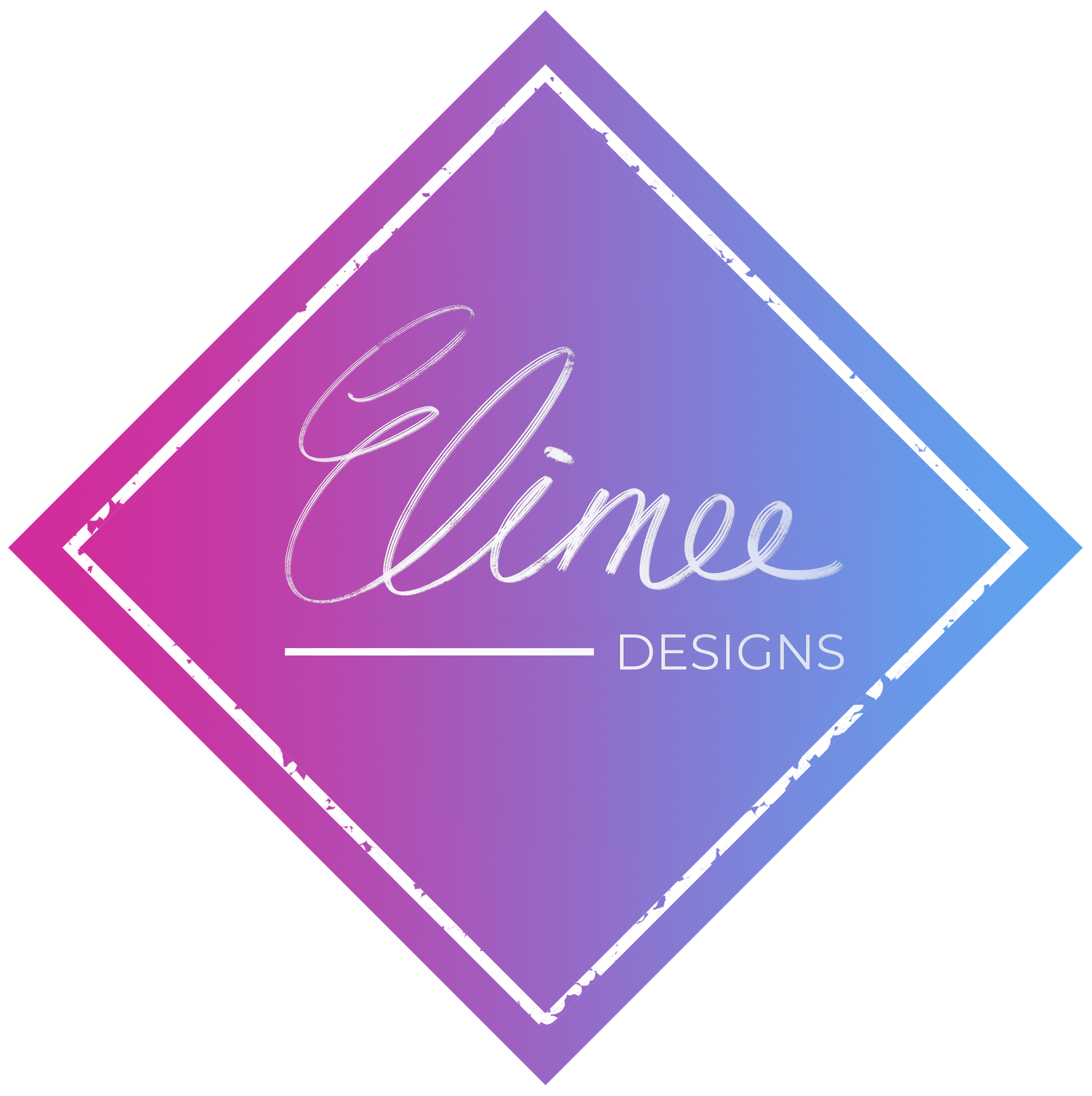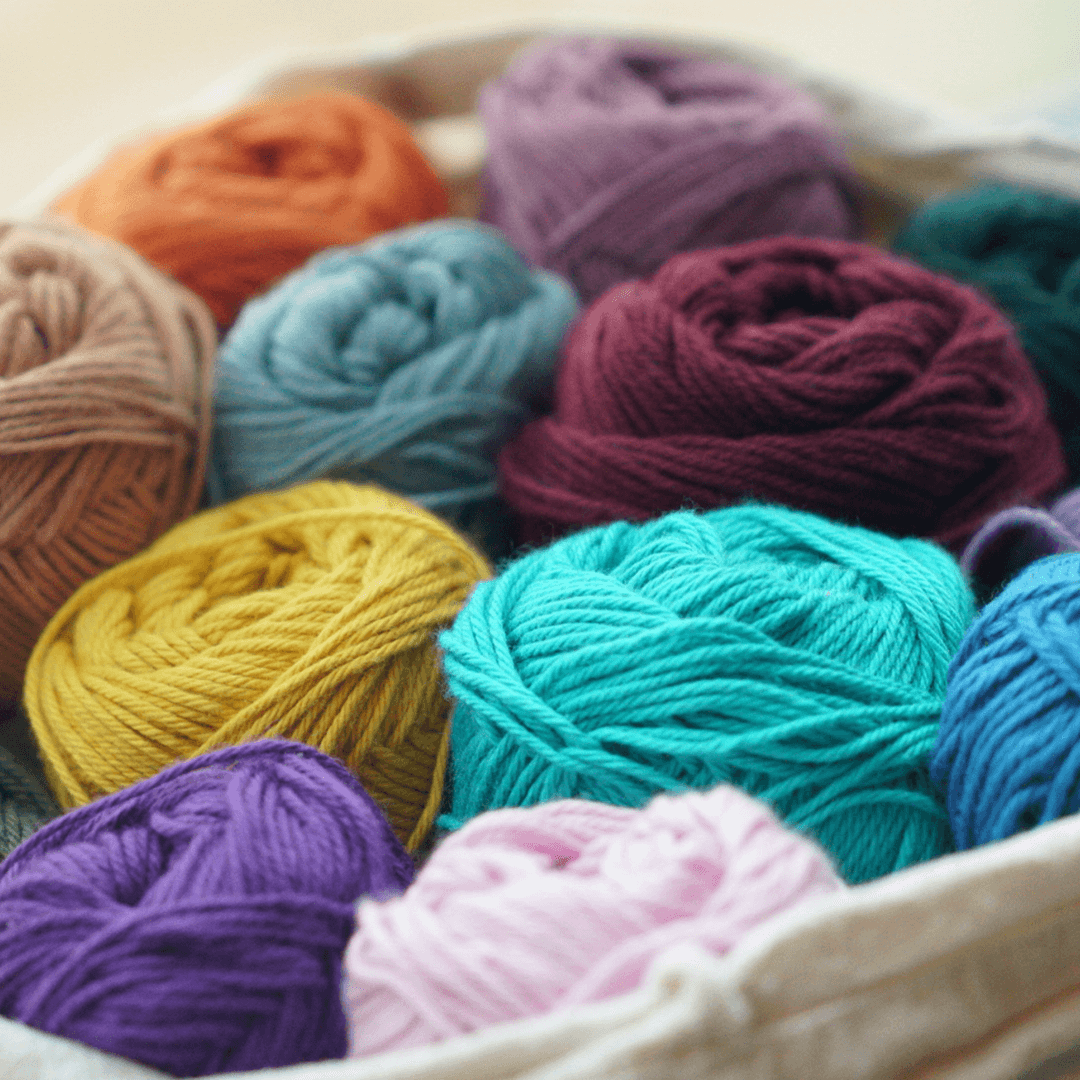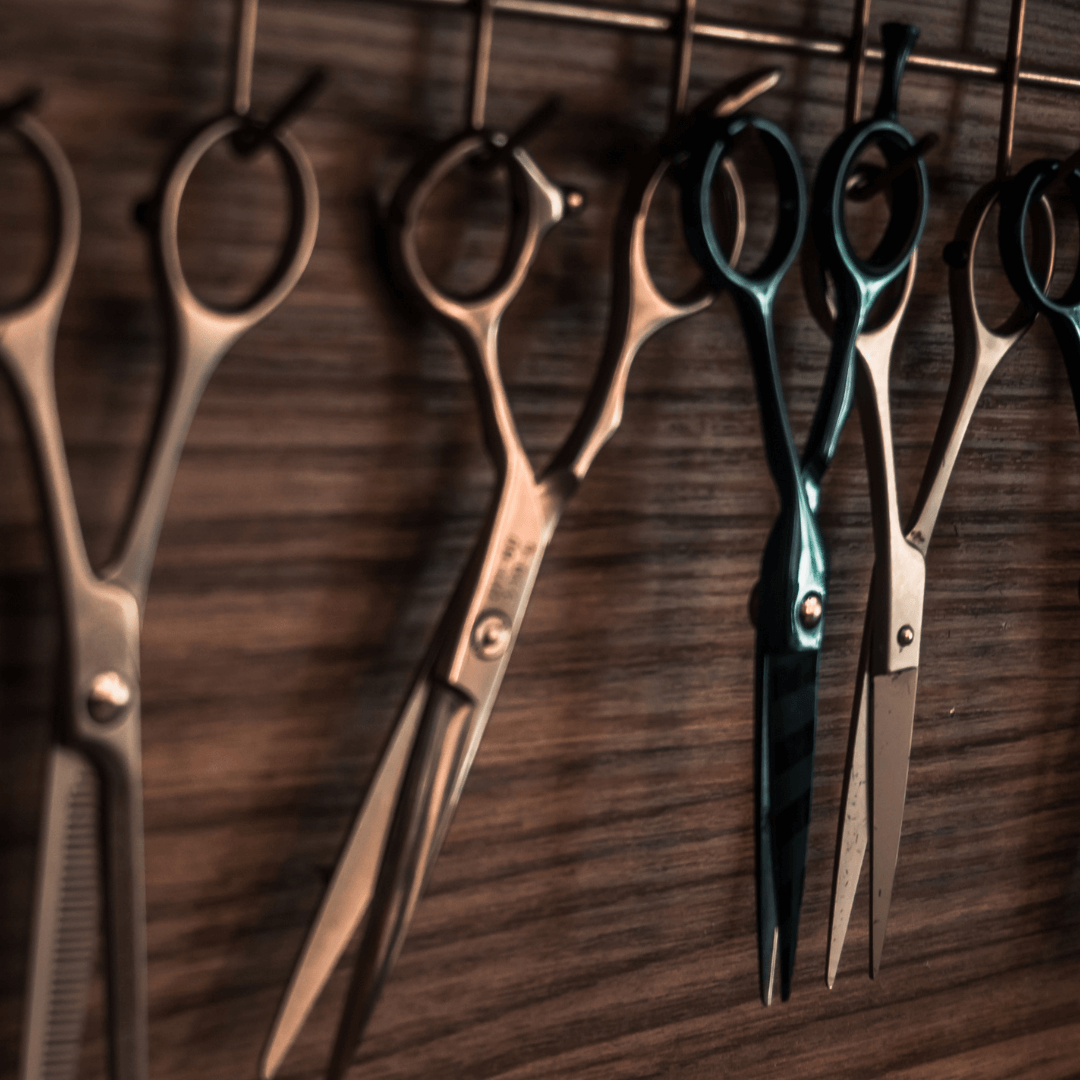Essential Supplies For Crochet Beginners
So you’ve decided that you want to learn to crochet… yippee!! Welcome to a fabulous and friendly crafting community :) Your next step as a crochet beginner will be to gather up some basic crochet supplies so that you can get started. You’re going to love crocheting!
In order to get the ball rolling you don’t need very much at all. How much you decide to get initially will depend on several factors - your level of enthusiasm, whether you have any crochet friends to borrow from, your budget and what you’d like to make. At the minimalist end you can get away with just a hook, yarn and pattern… however there are several other basic supplies that you will find useful to have to hand early on.
***This page may include affiliate links - this means that I may earn a small commission if you purchase the product. This is at no additional cost to you. I will only recommend products that I have tried and tested myself, and that I like using. This income helps me to keep designing quality crochet patterns for you.***
If financial considerations are important for you, consider checking out our ‘20 Ways To Make Crocheting More Affordable’ and our Caitlin Zigzag Blanket pattern (which is free to all of our Facebook group members).
Depending on your personal preferences, and whether you are being taught by someone or learning independently you may also want to learn how to read written crochet patterns. This is a particularly useful skill to acquire early on as many crochet patterns only exist in the written format. If you’d like help with this I would recommend signing up for our ‘5 Day Challenge’, which will teach you all that you need to know!
Want to come back to this blog post later? Why not pin the image below :)
Essential Items
Crochet hook - so the first thing that you’ll need is a crochet hook. You can purchase a crochet hook from lots of places including a craft shop (locally or online) or more general shops such as Amazon (affiliate link to Amazon) or Dunelm. There is a vast array to choose from, and a lot of it comes down to personal preference.
Firstly, you’ll need to decide whether to buy a set of hooks or just the size needed for your initial project. A set is usually cheaper ‘per hook’ but requires a larger initial spend. This is why, if you’re not sure whether or not you’ll stick with crochet in the longer-term, you may initially wish to borrow a hook from someone that you know.
Your next decision is to decide which brand to buy. Initially I started out with some basic crochet hooks that I purchased online, however after some time I decided to upgrade my hooks and I don’t regret that decision. My branded hooks are much smoother to use and allow me to crochet for longer without discomfort. I first purchased some Clover Amour soft touch hooks (affiliate link to Amazon) , later won some Tulip Etimo Rose hooks (affiliate link to Amazon) through an Instagram giveaway and plan to try out a Furls hook next. There is great debate within the crochet community as to which brand is best (there are many more that I haven’t mentioned), so if you can I suggest that you try before you buy - this is where having crafty friends comes in handy again!
Yarn - again this can be purchased from many places, ranging from craft shops to general shops such as Poundstretcher, Wilko or Poundland. When you are first starting out I recommend picking your pattern first, and then grabbing the type of yarn that suits the project. Yarn varies hugely in price and fibre content, therefore by purchasing a pattern first you can avoid some of the initial confusion over what to buy. One of the benefits of purchasing yarn from a local store is that you can ask the staff for advice if you get stuck.
If you happen to live near me (in Hinckley, England) the local yarn shops include: Wool and Crafts in Burbage, Busy Fingers in Hinckley and Relax and Knit in Nuneaton.
A good ‘first yarn’ would be a 100% acrylic yarn from a larger yarn brand - these are usually more affordable and come in a large range of colours. Once you decide to stick with crocheting and become more discerning you may wish to branch out into natural fibres and hand-dyed yarn.
Crochet patterns - there are so many things that you can make using crochet. As a beginner you might want to start out with a smaller project e.g. a scarf or hat, although if you are feeling adventurous you might prefer a larger project such as a blanket. Written patterns can be physical (e.g. leaflets, books) or digital and should indicate whether they include photo/video tutorials, are suitable for beginners etc. Alternatively you could start by following a video tutorial e.g. on YouTube.
Recommended Items
Scissors - to cut off any excess yarn. Any scissors will do, but small, sharp sewing scissors are ideal as they are easy to use and store. An additional bonus is that scissors of this type are often beautiful e.g. stork scissors. I personally have a pretty stork pair (affiliate link to Amazon), and a foldable pair for when i’m out and about.
Tapestry needle (affiliate link to Amazon) - to weave in your ends. These are larger, blunt-ended needles which may be straigt or have a bend in them. Strictly speaking they are non-essential (as you can alternatively use a small crochet hook), but I find them much easier to use.
Stitch markers (affiliate link to Amazon) - these come in many shapes and sizes, can be plain or intricately decorated and vary widely in price. Whilst you could just use a contrasting piece of yarn I love my stitch markers! They help me to keep track of important stitches, reduce the risk of me dropping stitches, can be used to indicate the ‘right side’ of my work, stop my work from being accidentally unraveled etc. They are immensely useful!
Measuring tape - this will come in very handy. Everything from hats and scarves, to socks to jumpers can require some sizing. You may have to select the size to make based on your measurements, or the pattern might tell you to crochet until you reach a certain length. It pays to have a tape measure (affiliate link to Amazon) in your kit.
Case - staying organised and keeping all of your smaller supplies and notions together will save you from lots of unwanted stress. Whether you use a shoe box, pencil case or a crochet-specific case (affiliate link to Amazon) it will be infintely easier to find what you need, when you need it.
I hope that you have found this beginner’s guide to be helpful. Feel free to comment below to tell us about any other notions that you feel are essential, or your preferred equipment brands :)
If you’d like to ensure that you hear about our future blog posts, pattern releases, comeptitions and more, don’t forget to subscribe to our newsletter :)







